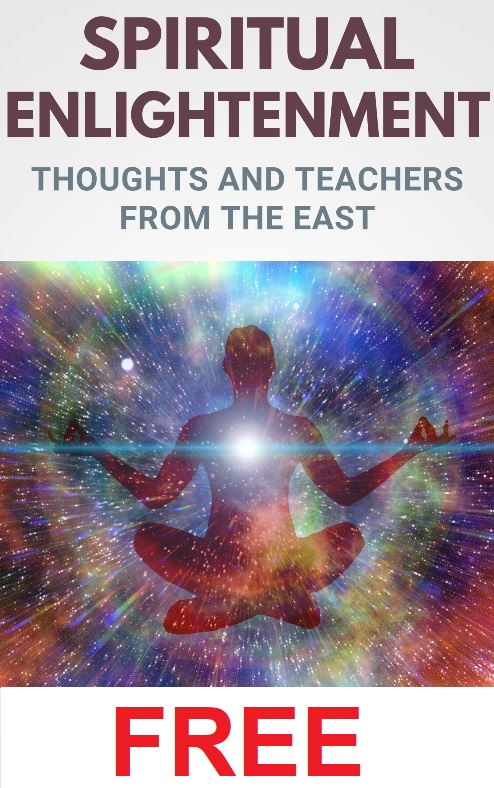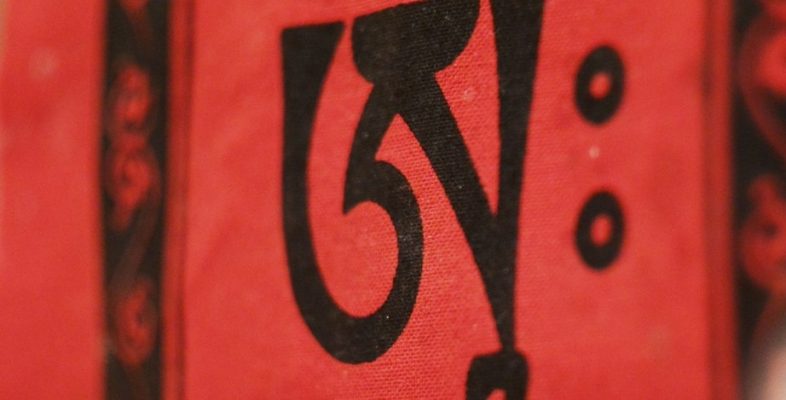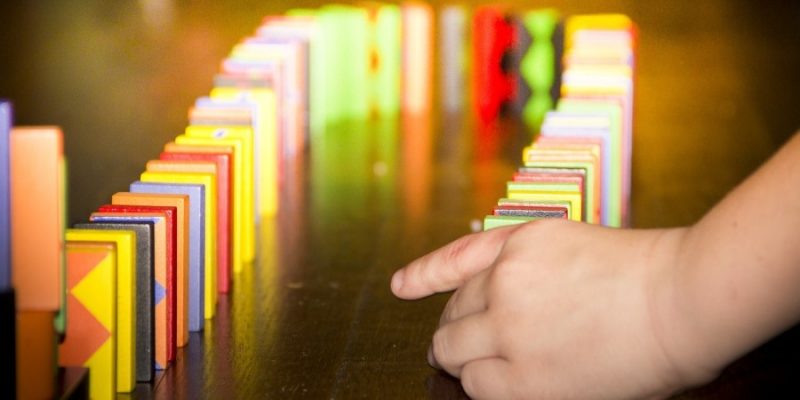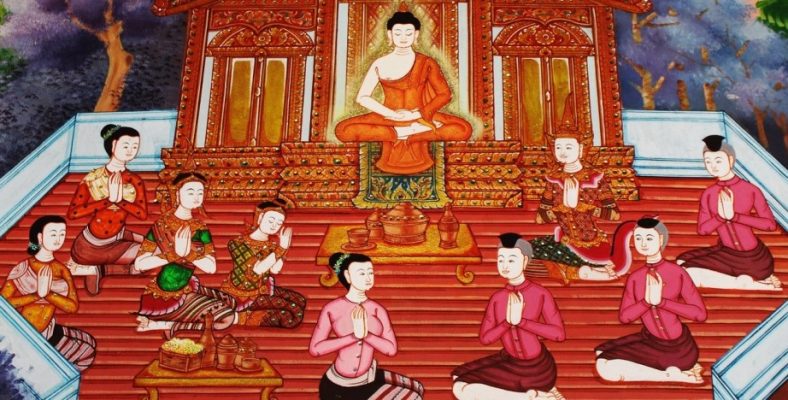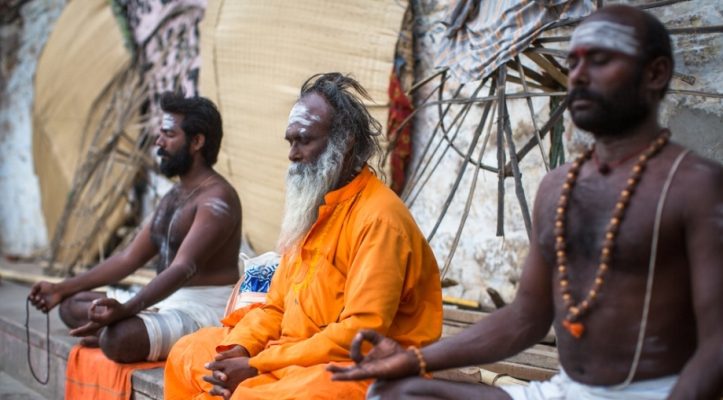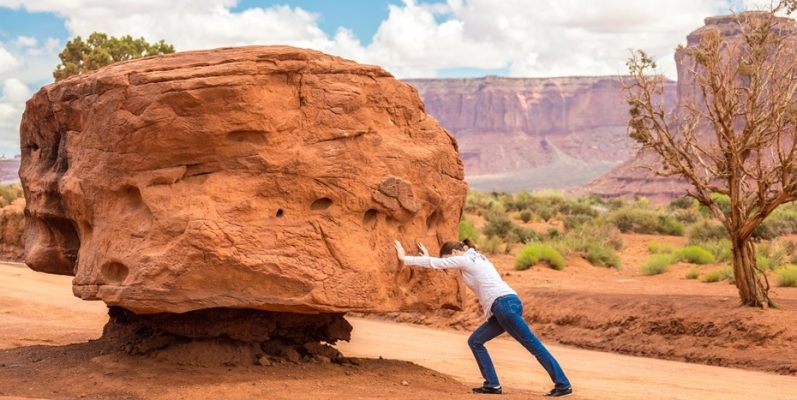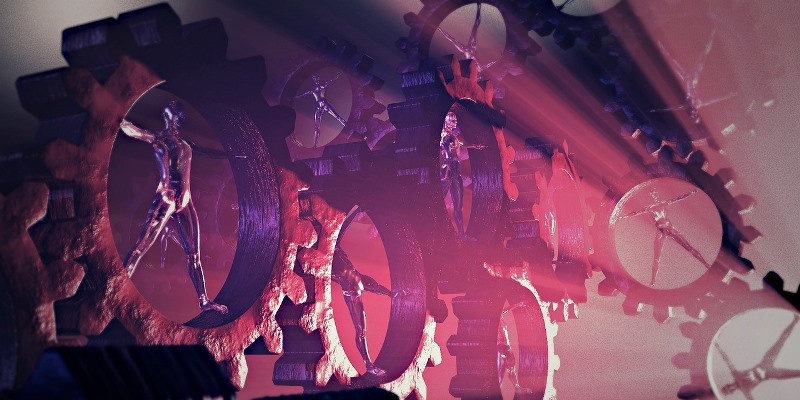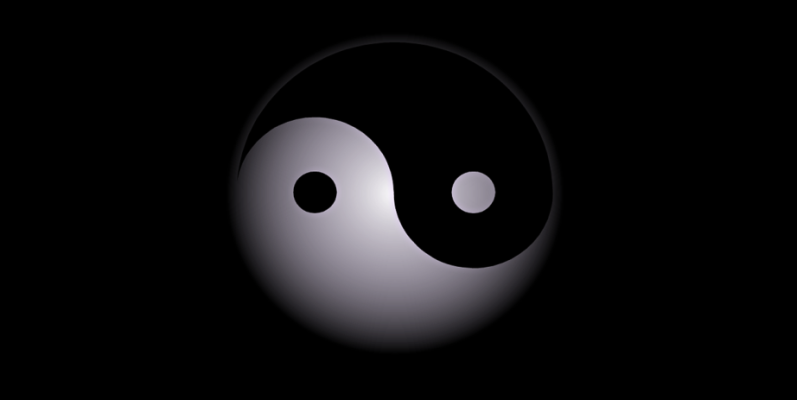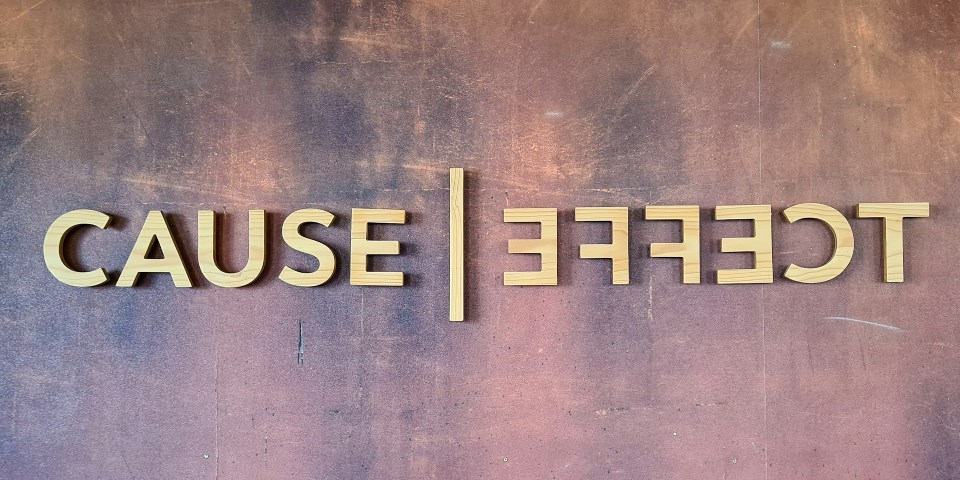
The idea of Karma (or the Law of Karma) in Hinduism involves action, work, or deeds, and the effects or consequences of those. More specifically, it involves the idea that actions of individuals cause or influence their futures.
In general, it’s thought that good intentions and deeds contribute to good Karma and more favorable rebirths, while bad intentions and deeds contribute to bad Karma and unfavorable rebirths.

Nevertheless, not all Indian religions and philosophies connect the idea of Karma with transmigration (rebirth) of the soul i.e. the Jivatman, or even believe in transmigration. Moreover, some even consider the concept of Karma total fiction.
Advaita Vedanta has a somewhat ambiguous idea about Karma. Within the manifested world, associated with Ishvara (Saguna Brahman), manifest Consciousness, and Prakriti, the cycle of Karma is a reality because the identified “I” or Ego (typically the Jivatman) takes “doership” on him.
Hence, when there’s the idea or experience of “I am the doer” and a feeling of ownership, the processes of Karma, consequences, and possible rebirth become a reality. Nevertheless, this all happens within and through the plane of Maya.
Yet, according to Advaita, on an Absolute level (i.e. when there’s the realized Self-Knowledge of Atman being Brahman) Karma and rebirth don’t exist because there’s no “doership” or “someone” who claims ownership of actions and deeds. In fact, all what occurs happens spontaneously within the realm of manifest consciousness without “some body” knowing why, how, or by whom.
But in Advaita it even goes a bit further than the above. If someone has attained the Jnani state, a spiritually liberated and self-realized one, their actions have no consequences; they don’t build Karma and don’t cause rebirths, because in the Jnani there’s no “sense of personal doership” any longer. The Jnani is considered being free from the cycle of birth and death.


